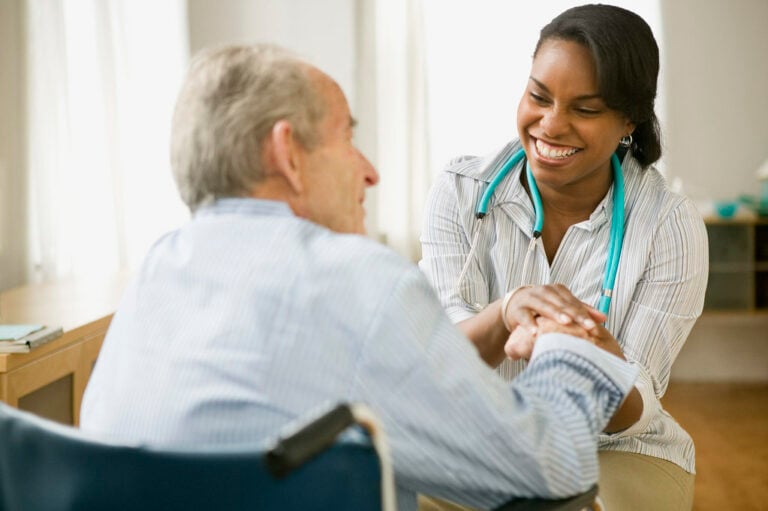
Diagnose & Prevent Dementia, in Plain English
Watch this uniquely clear overview of the steps you can take to diagnose or prevent most types of dementia, including Alzheimer’s.

Watch this uniquely clear overview of the steps you can take to diagnose or prevent most types of dementia, including Alzheimer’s.
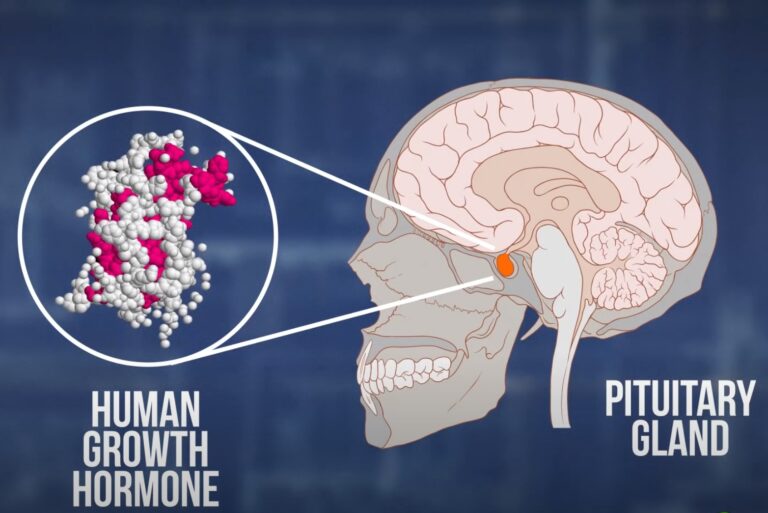
VIDEO + ARTICLE:
Everyone knows Alzheimer’s is not catchy, but a new study shows it might be “transmissible”. Learn the difference and find out what it means to research.
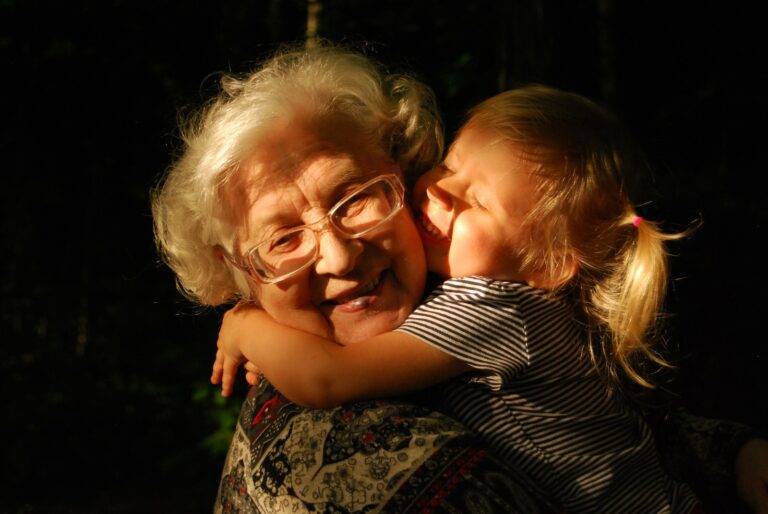
An intriguing study of 120 grandmothers might surprise you. Doctors know socially engaged people have better cognition and less dementia. But can a person get too much of a good thing? What’s the right balance?

Senior brain health is topping national agendas around the world. Find out how screenings help enhance brain health for the 70+ crowd.
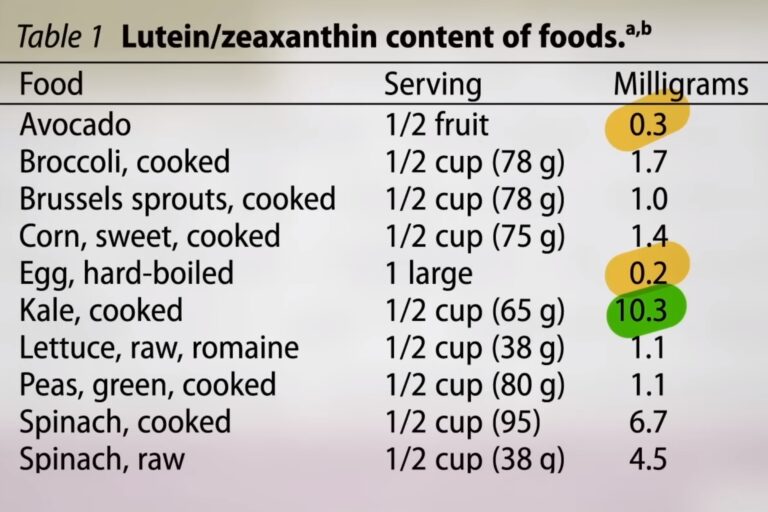
VIDEO+TRANSCRIPT: What are the best food sources of lutein, the primary carotenoid antioxidant in the brain?
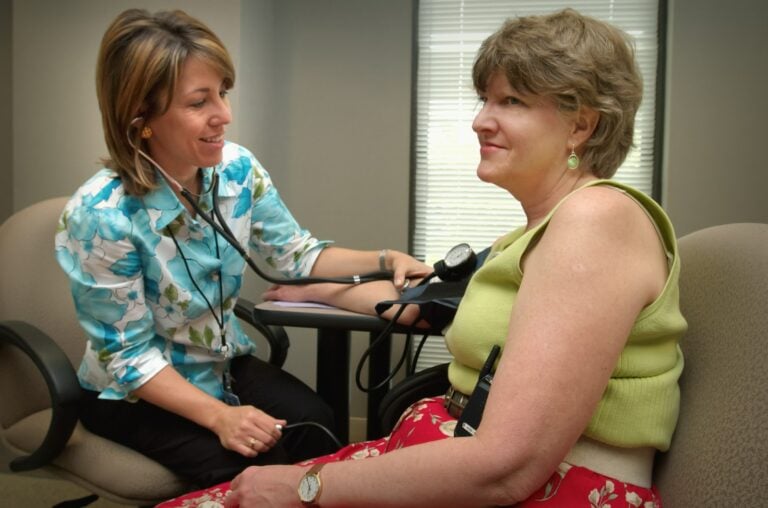
Vascular dementia is a common dementia, often brought on by stroke. Check out strategies to prevent stroke in women.
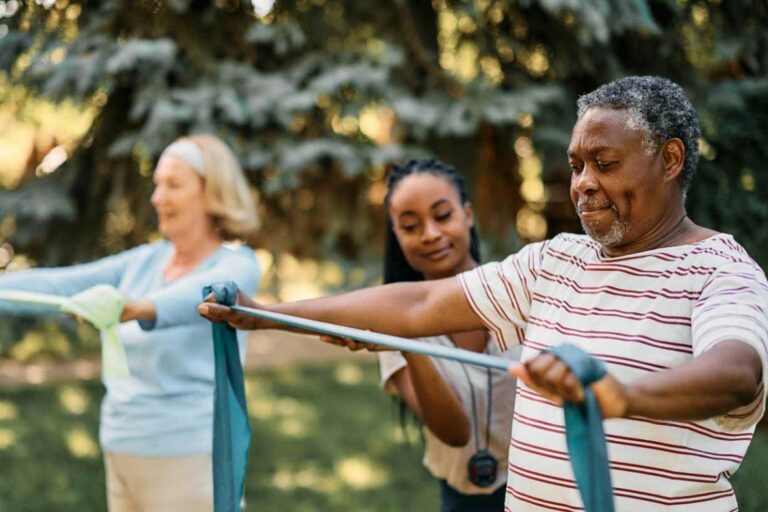
172 participants showed a personalized health and lifestyle coach can delay or even prevent memory loss.
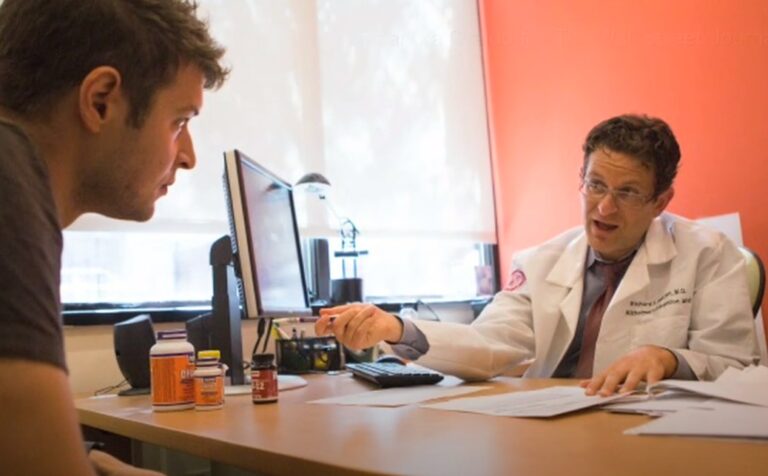
Healthy living lowers Alzheimer’s risk. Today’s healthier lifestyles have witnessed a drop in the rate of Alzheimer’s. Watch The Wall Street Journal interview a new wave of adults changing lifestyles to keep Alzheimer’s away.
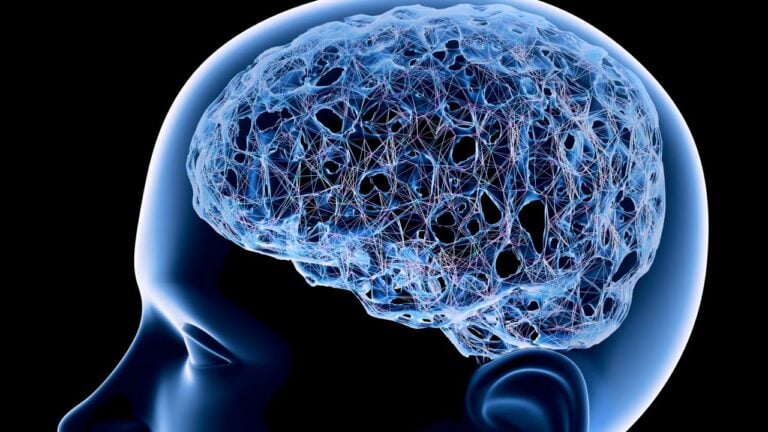
Do conscientiousness, extraversion and positive affect make your brain dementia-resistant?

Delaying retirement can delay dementia in a big way. Learn why.

TWENTY MUSIC VIDEOS: Music says what words never can. Take in these engaging, moving songs about living well with Alzheimer’s.
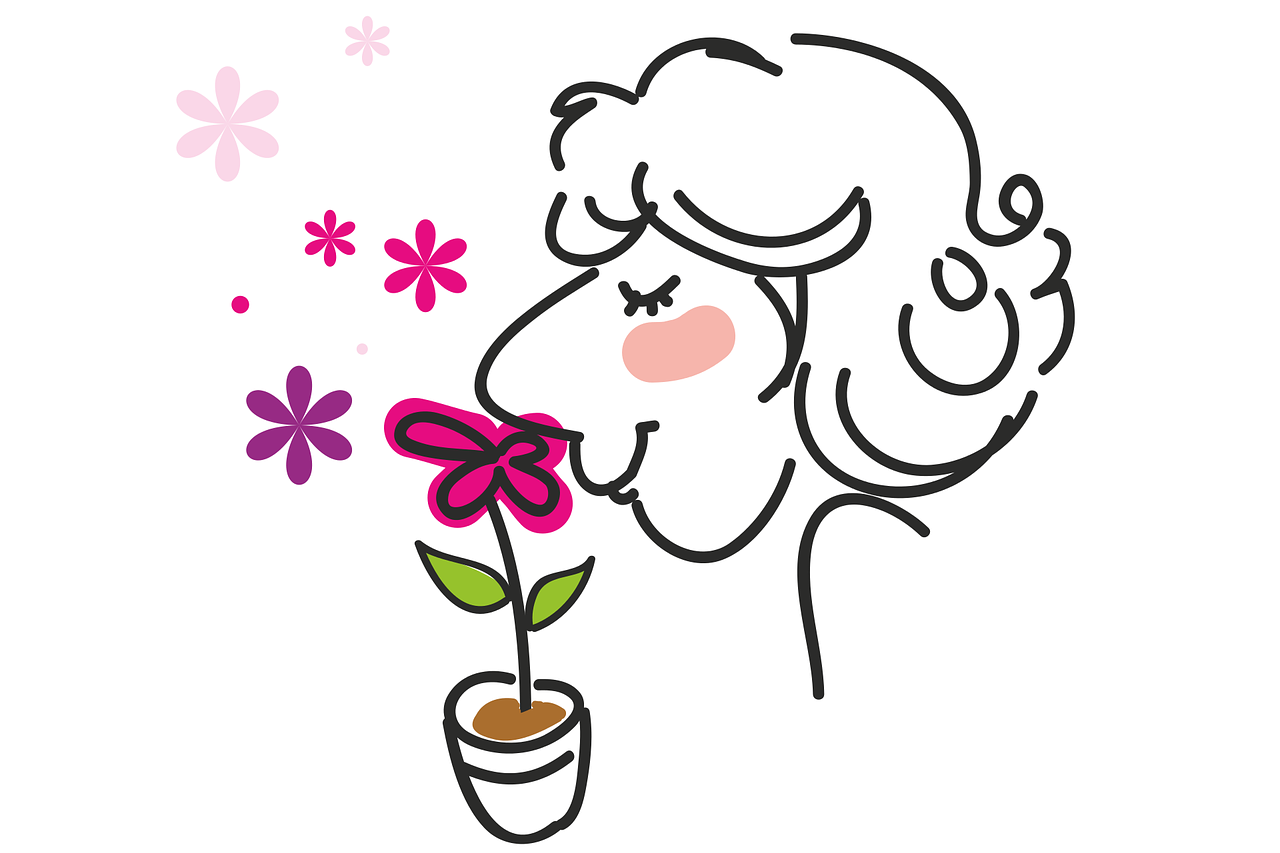
TEEPA CARE-TIP VIDEO:
Dementia dangerously alters a person’s sense of smell. Teepa Snow brings to light what people with dementia smell – and what they don’t. Learn to prevent hazards and frustrations.

“Sundowning” describes agitation and anxiety often felt towards the end of the day in dementia. See what it is and what you can do about it.

SHORT-TERM MEMORY lapses are obvious signs of Alzheimer’s, but other tell-tale signals begin to show much earlier. Learn how to look for semantic impairments, such as simple questions about size.

Three important dementia studies focus on HS-AGING, a type of dementia almost as common as Alzheimer’s in the 85+ group. Yet few people have heard of it. Why? What makes it different?

An intriguing study of 120 grandmothers might surprise you. Doctors know socially engaged people have better cognition and less dementia. But can a person get too much of a good thing? What’s the right balance?

Enjoy this great duet between a musician with dementia and his son. A triumph of spirit over Alzheimer’s! Sing-a-long if you like!
No spam, only news and updates.



This site was inspired by my Mom’s autoimmune dementia.
It is a place where we separate out the wheat from the chafe, the important articles & videos from each week’s river of news. Google gets a new post on Alzheimer’s or dementia every 7 minutes. That can overwhelm anyone looking for help. This site filters out, focuses on and offers only the best information. It has helped hundreds of thousands of people since it debuted in 2007. Thanks to our many subscribers for your supportive feedback.
The site is dedicated to all those preserving the dignity of the community of people living with dementia.
Peter Berger, Editor